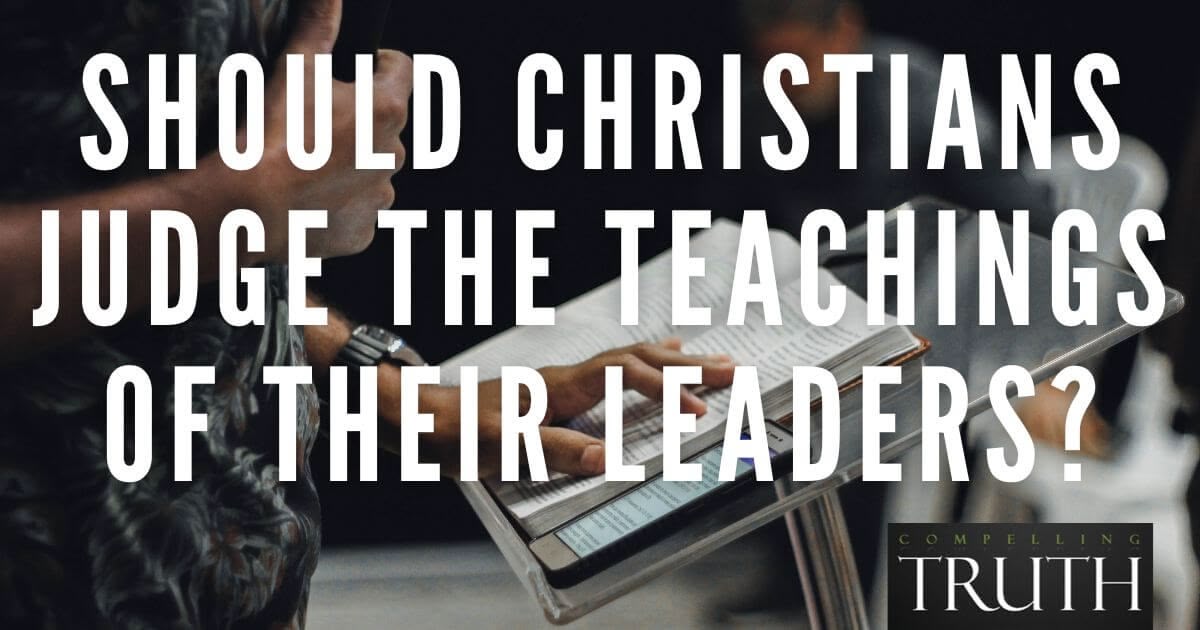what does the bible say?
Civil disobedience is the intentional act of disobeying a civil law or authority because of a conviction that one has a higher responsibility. For believers, those "higher responsibilities" are found in the Bible alone. The aim of Christian civil disobedience is to follow God despite the rule of an ungodly authority. When obeying man's law would put us in direct disobedience to the clear command of God, then—and only then—is civil disobedience warranted. The Bible provides examples such as the Hebrew midwives protecting Hebrew boys; Shadrach, Meshach, and Abednego refusing to worship Nebuchadnezzar’s statue; and Daniel praying despite a royal decree. Early Christians also obeyed God over Rome when commanded to remain silent (Acts 4:19-20), yet submitted to authorities where the law did not contradict God’s commands. Believers are citizens of heaven first (Philippians 3:20), and their hope is in Christ, not human law or personal safety. Civil disobedience is warranted only when a law forces direct disobedience to God, while ordinary obedience to authorities demonstrates faithfulness and love for others. Today, balancing civil obedience and selective disobedience when God’s Word is at stake provides a powerful witness to our priorities and loyalty to Him.




